

The Society of Women Leaders mobilises the power of philanthropic women to benefit the most disadvantaged in domestic communities and internationally.
Since its founding in 2014, SWL has been dedicated to creating meaningful change through both financial support and direct involvement in Australian Red Cross programs. As a proud member of the global Tiffany Circle, our Australian giving circle has contributed over $8 million in philanthropic funds, supporting more than 30 Red Cross initiatives to date.
Working together, the Members have a say in how their gifts are used, allowing them to effect change in areas that are close to their heart. Featured below are some of the projects that Members have chosen to jointly support this financial year.
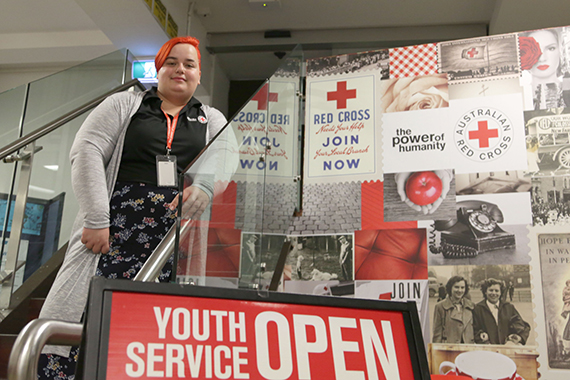
Night Cafe
$227,000 contributed by SWL
Night Cafe aims to provide young people experiencing hardship effective pathways to gain knowledge and skills, access resources and services, and improve social connection and participation. Volunteers assist Youth Workers to provide a safe, after-hours space for young people experiencing homelessness or at the risk of experiencing homelessness (aged 12 - 25 years) in inner-city Brisbane.
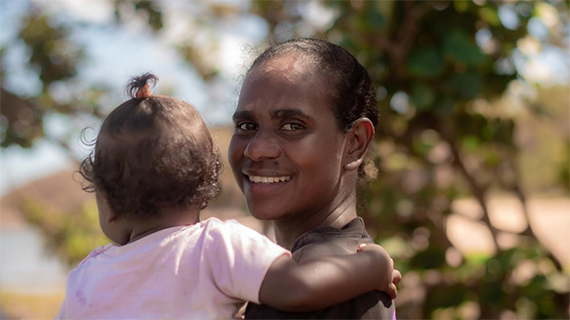
Baby Hub
$177,000 contributed by SWL
$18,500 contributed by RWL
Baby Hub is a community-based early childhood and family support program in Galiwin’ku, East Arnhem Land. The program supports pregnant women, new carers, and families with children aged 0–3 through culturally safe, non-clinical services. It is the only hub of its kind in Australia.
Activities include playgroups (Baby FaFT), developmental screening (ASQ-TRAK), outreach visits, health education, connection to country, and provision of essential items like nappies, hygiene products, and nutritious meals. Baby Hub works closely with Miwatj clinic, MESCH, FaFT, and other partners to provide wraparound care for at-risk infants.
By centring local knowledge and strong relationships, Baby Hub promotes early development, strengthens family wellbeing, and builds sustainable community-led support systems.
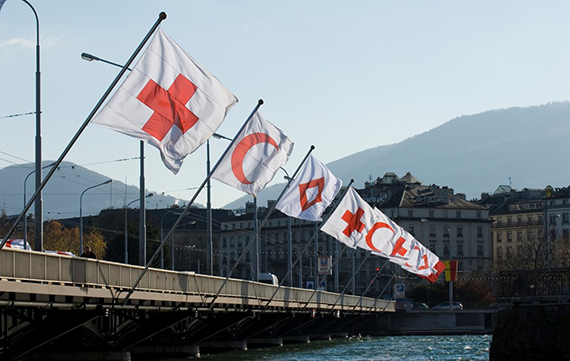
International Humanitarian Law
$127,000 contributed by SWL
The International Humanitarian Law (IHL) Program seeks to prevent and alleviate suffering in times of war and conflict and promote non-violence and peace by working towards the following outcomes:
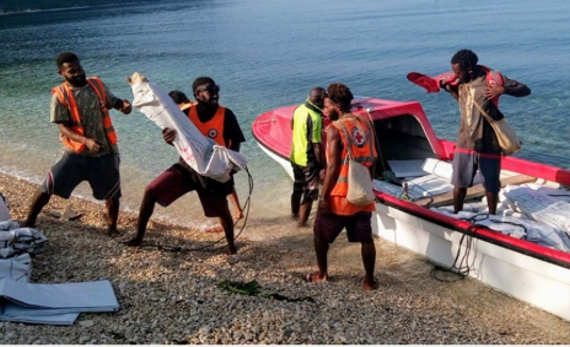
International Disaster Crises Response
$127,000 contributed by SWL
The International Response team at Australian Red Cross coordinates support for disaster and crisis operations worldwide. When major emergencies occur, Australian Red Cross is prepared to assist Red Cross and Red Crescent Movement response efforts by complementing local resources with additional support, as requested by local National Societies.
Guided by the principle of ‘as local as possible, as international as necessary’, the team:
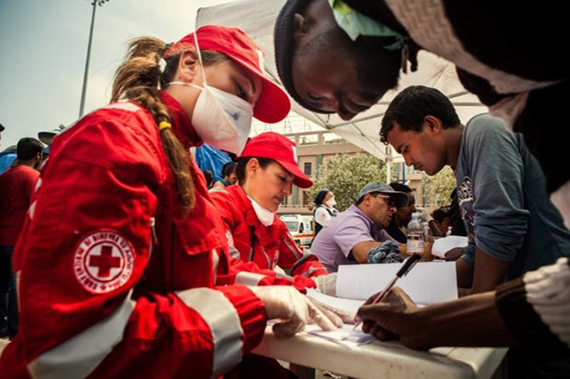
Restoring Family Links
$127,000 contributed by SWL
Australian Red Cross, as part of the global Red Cross and Red Crescent network, offers a free and confidential Restoring Family Links (RFL) service to help people find family members separated by conflict, disaster, or migration.
The local RFL team can help:
Red Cross pays our respects to the Aboriginal and Torres Strait Islander custodians of the country where we work, and to Elders, past, present and emerging.
Learn about our Reconciliation Action Plan and how we can all make reconciliation real.
This website may contain the images, voices or names of people who have passed away.